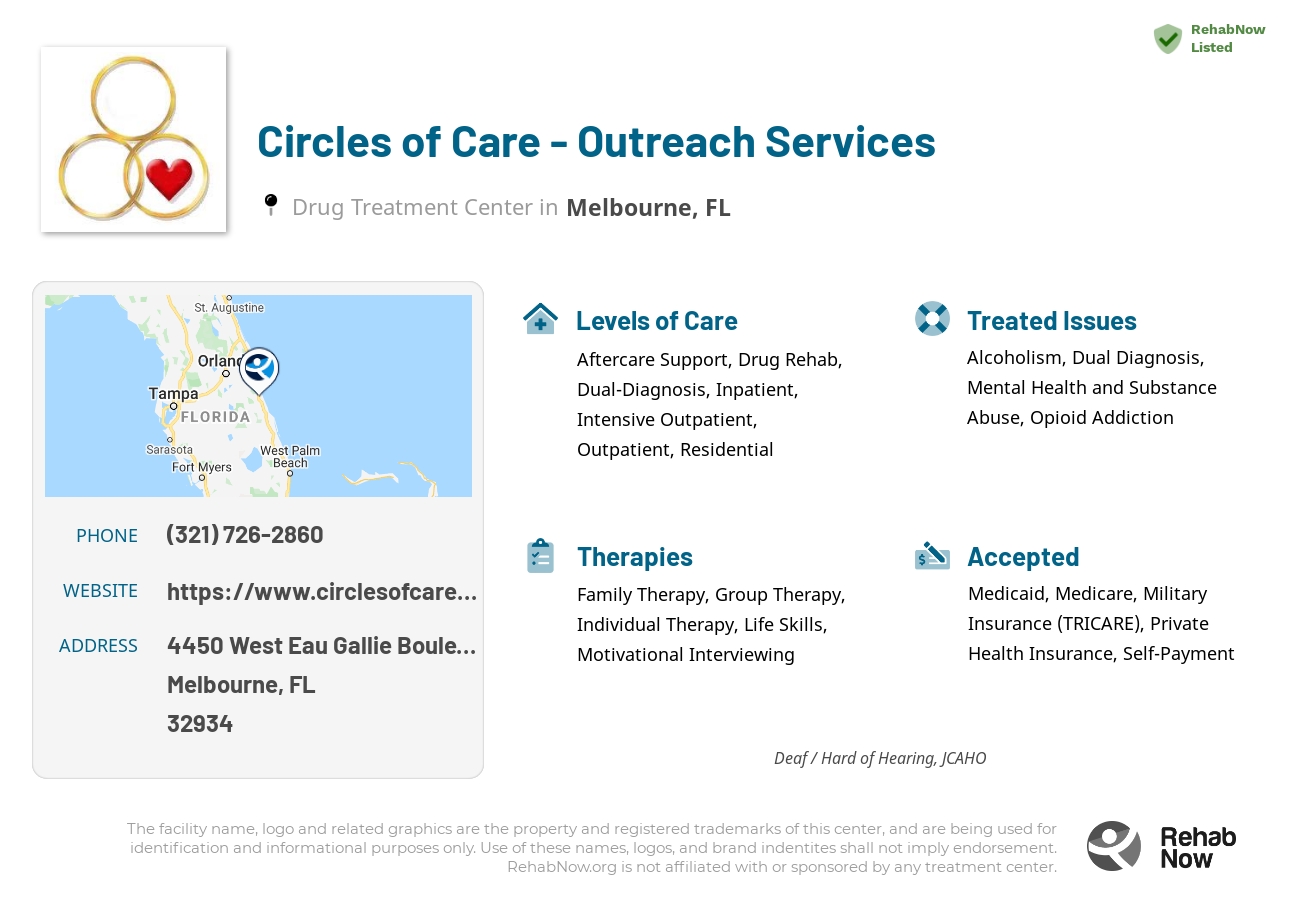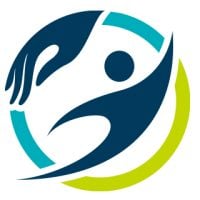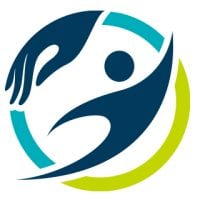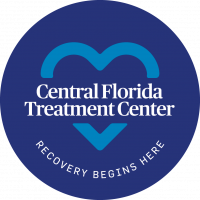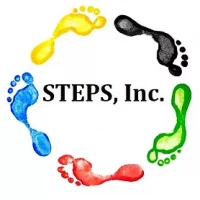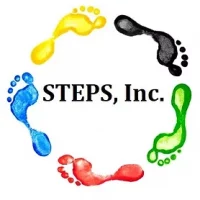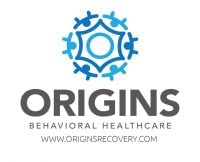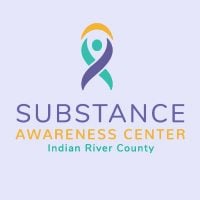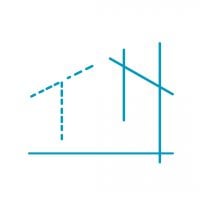Circles of Care - Outreach Services
Drug Rehab Center in Melbourne, Florida
Circles of Care - Outreach Services in Melbourne, FL provides a comprehensive, personalized approach to addiction treatment, with accredited services ranging from inpatient and residential to outpatient and intensive outpatient, as well as aftercare support to maintain sobriety, and accepting private health insurance.
About Circles of Care - Outreach Services in Florida
Circles of Care - Outreach Services, located in Melbourne, Florida, excels in providing comprehensive behavioral healthcare, including in-home and on-site counseling, alongside case management services. Distinguished for their dedication to high-quality, cost-effective mental health treatment, they stand out for their courteous service, respect for patient dignity, and strict adherence to laws and regulations.
- Offers a broad spectrum of outpatient counseling services for both adults and children, ensuring flexible care tailored to individual needs.
- Provides a variety of therapeutic options, including individual therapy, group therapy, and family counseling, facilitated by highly trained counselors.
- Features a board-certified psychiatrist for psychological evaluations and treatment planning, emphasizing their commitment to professional excellence.
Accredited by the Joint Commission on Accreditation of Healthcare Organizations (JCAHO), Circles of Care - Outreach Services upholds the highest standards in healthcare. They accept private health insurance, making their wide range of services accessible to those in need within the Brevard community.
Specializing in the treatment of alcoholism, dual diagnosis, opioid addiction, drug addiction, and mental health issues, Circles of Care employs a comprehensive approach. Treatment methods include aftercare support, drug rehab, dual-diagnosis treatment, inpatient, intensive outpatient, outpatient, and residential treatment, catering to various levels of care required by patients.
Genders
Ages
Modality
Additional
Accreditations

JCAHO
Conditions and Issues Treated
Opioid addiction has become a significant health problem in the United States. When a person’s life becomes unmanageable because of an opioid addiction, treatment can help them get sober. Treatment includes medical care and counseling.
“With so many people struggling with opioid addiction, we need more care and attention for those who want to quit. Opioid addicts often take opioids when they experience a painful injury – that’s how the cycle starts! When someone begins taking their medication differently than prescribed or takes an excessive amount of drugs, it means they’re hooked on drugs and in danger of overdosing.
The most successful way to beat this is through detoxing from these types treatments at Circles of Care - Outreach Services in . Most facilities start by using medical support during the process while providing counseling services; rehabilitation comes later on after treatment has been completed successfully.
A “dual diagnosis” is when the individual has two medical issues at the same time. The top co-occurring mental disorders with addiction are depression, anxiety, ADHD, bi-polar disorder. Addiction is also considered a mental illness that is not a choice but rather a medical condition. Addiction can be caused by any number of underlying issues.
Dual diagnosis is provided by Circles of Care - Outreach Services to treat addictive tendencies as well as any untreated mental illnesses. This ensures successful long term health and recovery for patients after treatment has been completed.
Dual diagnosis is provided by Circles of Care - Outreach Services to treat addictive tendencies as well as any untreated mental illnesses for people in Florida. This ensures successful long term health and recovery for patients after treatment has been completed.Levels of Care Offered
This center offers a variety of custom treatment tailored to individual recovery. Currently available are Aftercare Support, Drug Rehab, Dual-Diagnosis, Inpatient, Intensive Outpatient, Outpatient, Residential, with additional therapies available as listed below.
Going to an inpatient rehab facility means living there while all aspects of addiction or co-occurring disorder get addressed. The treatment involves medical supervision, therapy, and future planning.
This type of rehabilitation provides a drug-free environment for people who struggle with chronic/long-term addiction without having access to drugs outside the center (or their own home). It takes away any distractions because they live there 24 hours per day. If someone is trying to break out old habits, which could lead them back into substance abuse, things like jobs or school can be put on hold until after they complete their stay to focus solely on recovery.
Outpatient addiction treatment is beneficial for people who are able to function well in their day-to-day lives. It is recommended for people who are not yet ready to end their relationships with friends or family members who might be encouraging drug and alcohol use.
Intensive outpatient treatment is beneficial for:
- People who are able to attend treatment more than 3 times per week.
- People who do not meet the criteria for inpatient treatment.
- People who are able to contribute to their own recovery outside of the treatment center.
- People who are motivated towards recovery.
- People who are able to overcome addiction on their own without the need for higher levels of care.
Outpatient programs at Circles of Care - Outreach Services, the Melbourne resident can live with their family while continuing with their job or studies. Treatment includes educating the patient on drug abuse, medications, and counseling sessions at the individual or group level. Outpatient treatment plans cover diagnosis, detoxification, management, and counseling. They are a popular option for those who have graduated from inpatient facilities.
Residential treatment programs are those that offer housing and meals in addition to substance abuse treatment. Rehab facilities that offer residential treatment allow patients to focus solely on recovery, in an environment totally separate from their lives. Some rehab centers specialize in short-term residential treatment (a few days to a week or two), while others solely provide treatment on a long-term basis (several weeks to months). Some offer both, and tailor treatment to the patient’s individual requirements.
Without aftercare support, addicts can easily relapse back into addiction. It is crucial to integrate the addict back into society. Aftercare support should take place after outpatient treatment has ended.
There are a few different types of aftercare support that patients can seek after completing an inpatient treatment program:
- 12 Step Self-help groups (AA, NA)
- Therapeutic communities,
- Long-term, structured sober living arrangements
- Halfway houses (residential treatment centers)
Many different support groups exist for addicts to seek help after treatment. Some are more effective than others, depending on the person’s addiction, background, and other factors.
Therapies & Programs
Individual therapy is a form of counseling where you meet with a trained professional one-on-one. Meeting with a therapist in this setting allows for a personal and trusting relationship to be built. This allows the patient to open up about sensitive or private issues they may not feel comfortable discussing in a group. Individual therapy helps identify the root causes of your addiction, which can help prevent relapse.
Family therapy is often done alongside drug treatment to help addicts stay sober. The goal of family therapy for drug addiction is to create an environment where communication can happen without judgment, hostility, or blame. The therapist will sit with the family so they can learn how to communicate differently and provide new tools for dealing with emotions so that people don’t want to drink or do drugs. It’s important for families to focus on relapse prevention plans during treatment so that if the addict feels like they want to use again, they’ll know what steps they need to take together to prevent it from happening again in the future.
Group therapy sessions are another common addiction recovery service. These group sessions typically involve six to 12 addicts who meet regularly with a trained professional for support and guidance.
During these sessions, the group shares their experiences with one another and provides feedback that can help each member avoid relapse or overcome specific obstacles they are facing in their recovery process. With this type of support and guidance, addicts can feel like they are part of a community that understands their struggles and will help them get through the hard times.
Cognitive Behavioral Therapy (CBT) focuses on the underlying thoughts and behaviors that caused the problem of addiction in the first place and may cause a relapse. Negative feelings are common in drug abuse disorders, but they can lead to co-occurring disorders if not recognized. CBT involves strategies that help to change the behavior pattern by restructuring negative thoughts into positive ones. It helps to remove these feelings, and it provides long-term benefits. Also, CBT promotes self-awareness and self-control. It can be administered as a monotherapy or as part of combination therapy.
CBT can improve the patient’s mood, reduce drug cravings and boost success rates on treatment plans. Regular practice can help individuals handle negative attitudes, thoughts, and feelings without turning to drugs or alcohol. The core belief of Cognitive Behavioral Therapy (CBT) is that one’s moods, behaviors, and actions are all connected. Individuals can improve their quality of life using CBT. It helps addicts understand the patterns of thought and feelings that cause them to use drugs or alcohol and develop a healthy response.
It’s not as simple as quitting drinking or using drugs and expecting the hard part to be over. Many addicts in recovery have discovered that they need to improve skills such as time management, organization, communication, socialization, and self-esteem. Learning certain life skills can help those who are struggling with addiction.
Payment Options Accepted
For specific insurance or payment methods please contact us.
Is your insurance accepted?
Ask an expert, call (888) 674-0062
Circles of Care Associated Centers
Discover treatment facilities under the same provider.
- Circles of Care - Sheridan Oaks and Twin Rivers in Melbourne, FL
- Circles of Care - Central Area - Cedar Village in Rockledge, FL
- Circles of Care - Outpatient in Melbourne, FL
- Circles of Care - South Area in Melbourne, FL
- Circles of Care - Community Support Services in Melbourne, FL
Learn More About Circles of Care Centers
Additional Details
Specifics, location, and helpful extra information.
Melbourne, Florida 32934 Phone Number(321) 726-2860 Meta DetailsUpdated April 15, 2024
Staff Verified
Circles of Care - Outreach Services Patient Reviews
There are no reviews yet. Be the first one to write one.
Melbourne, Florida Addiction Information
Florida is one of the nation's epicenters for substance abuse and drug-related overdoses. In 2014, around 410,000 Florida residents were addicted to drugs and alcohol. Over the last 10 years, 12% of all deaths in the state were attributed to substance abuse. Treatment admissions for alcohol reached 24,329 patients in 2016, and 2.5% of Florida high school students admitted to using crack cocaine.
The drug addiction problem in Melbourne, Florida, is relatively bad. About 9.4% of Melbourne residents reported using illicit drugs. Cocaine was the most common drug involved in overdose deaths. Heroin was involved in 22% of overdose deaths, while prescription opioids were involved in 38%. Drug treatment in Melbourne depends on the facility. However, most drug rehab centers will offer a variety of treatments, such as therapy, medication, and support groups.
Treatment in Nearby Cities
- North Miami, FL (157.5 mi.)
- Quincy, FL (290.1 mi.)
- Wellington, FL (104.4 mi.)
- Floral City, FL (106.5 mi.)
- Macclenny, FL (172.4 mi.)
Centers near Circles of Care - Outreach Services
The facility name, logo and brand are the property and registered trademarks of Circles of Care - Outreach Services, and are being used for identification and informational purposes only. Use of these names, logos and brands shall not imply endorsement. RehabNow.org is not affiliated with or sponsored by Circles of Care - Outreach Services.



